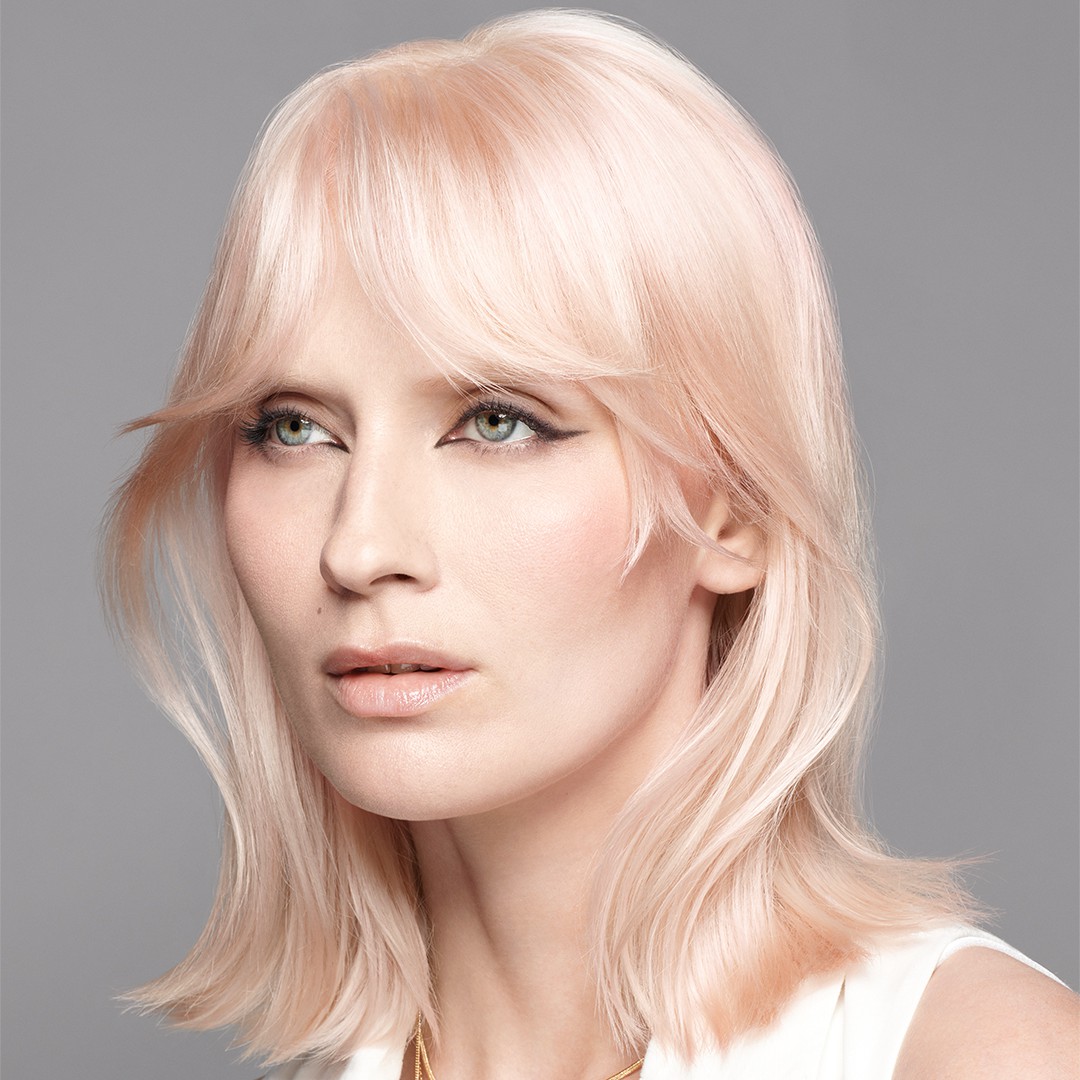With a recent article in Dazed confirming that Google searches for ‘hair loss’ and ‘hair growth’ had reached (and were maintaining) their highest rates during COVID-19, HJ asked experts about the science behind a healthy scalp and the role that a Trichologist can play with hairdressers and their clients' hair loss journeys.
What is Trichology?
“Trichology is the scientific study of the skin on your scalp and the hair that grows from it,” explains Susie Hammond, Consultant Trichologist at Philip Kingsley. “A Trichologist is an expert in the science of hair and scalp health and treats any issues to do with those areas.” Trained Trichologists routinely treat conditions from hair loss to more complex scarring Alopecias such as Frontal Fibrosing Alopecia. Susie advises: “Trichologists are trained to provide advice on haircare practices and recommend appropriate treatments or therapies to promote a healthier hair and scalp.”
Neil Harvey, MIT Chair at The Institute of Trichologists, concludes: “Trichology has never been more needed.”
Thinning hair, hair loss and scalp conditions can be a common cause for concern for a lot of clients but knowing exactly what to recommend can be tricky. “Hairdressers often have first-hand experiences with clients' hair and scalp conditions. By referring them to Trichologists, hairdressers can ensure their clients receive the specialised expertise needed for accurate diagnosis and effective treatment,” advises Mandy Graham, Trichologist, Paul Mitchell.
Trichology is diverse, so make sure you know how hair loss can affect every hair type.
When should you refer your client to a Trichologist?
Although hairdressers can share their knowledge to help clients, it is also important to know when to direct them to a professional who can help. It is not uncommon for clients to feel comfortable speaking to their hairdresser about hair or scalp issues. However, as Trichologist Stephen Goldsworthy, owner of Goldsworthys for L’Oréal Professionnel explains, if you notice a scalp issue you should always raise this with your client. “Asking questions such as “When did you first notice this?” and “What changed three months prior to this?” will help decipher whether referral to a Trichologist is recommended.”
Stephen continues: "A Trichologist deals purely in the scalp and hair and will have a full understanding of what is happening. They can help clients get the necessary testing done and provide all the information needed for a solution.”
Mandy outlines the following instances where a hairdresser should refer clients to a Trichologist:
1. Persistent or severe hair loss
2. Scalp conditions and disorders
3. Unexplained changes in hair texture or quality
4. Allergic reactions or sensitivity
5. Suspected scalp or hair disorders
Mark Blake, (MIT WTS IAT), Trichologist and Nioxin Ambassador highlights that the sooner a client is referred, the better the prognosis: “Trichologists usually want specific blood tests to help them with their diagnosis."
Hair loss affects around eight million women in the UK (according to the NHS) and the American Hair Loss Association reports that male pattern baldness affects approximately 85% of all men by the age of 50. “Trichology is therefore an important part of a stylist’s education to best support our clients,” says Rob Wood, owner of Novo Cabelo.
It's no secret that menopause can be a major cause of hair loss in women, find out more here.
Demand for Trichology services is at an all-time high. “We need more qualified Trichologists to service clients’ needs,” says Mark who is seeing many of the UK’s top hairdressers entering the field. Enhancing existing skills can allow hairdressers to offer better guidance and hair care routines, and also attract a broader client base. It is not unusual for hairdressers to develop an interest in Trichology. “Clients will ask for advice and guidance and often it is the hairdresser who is the first to spot that a client has an issue,” says Susie.
'Now I’m a Trichologist, I Would Never…'
We asked the industry’s top Trichologists what hair habits are an absolute no-go for them.
Have a tightly pulled back hairstyle - Mandy Graham, Trichologist, Paul Mitchell
Excessive tension on the hair and scalp can lead to traction alopecia or hair breakage.Opting for looser styles, or giving the hair a break from tight hairstyles, will help maintain hair integrity.
Sleep with wet hair - Justyna Sikor, Elgon Educator
Sleeping with wet hair makes it more prone to tangling, which leads to weakening and breaking. It also creates an ideal environment for the growth of bacteria and fungi.
Use the highest heat setting on the hair dryer - Susie Hammond, Consultant Trichologist at Philip Kingsley
And don’t hold the dryer directly on the hair - leave a respectful distance.
Wash my hair less - Mark Blake, (MIT WTS IAT)
I see more problems from patients who avoid washing their hair than from patients who wash their hair frequently.
Speaking of Trichology, find out how PTSD could lead to hair loss



